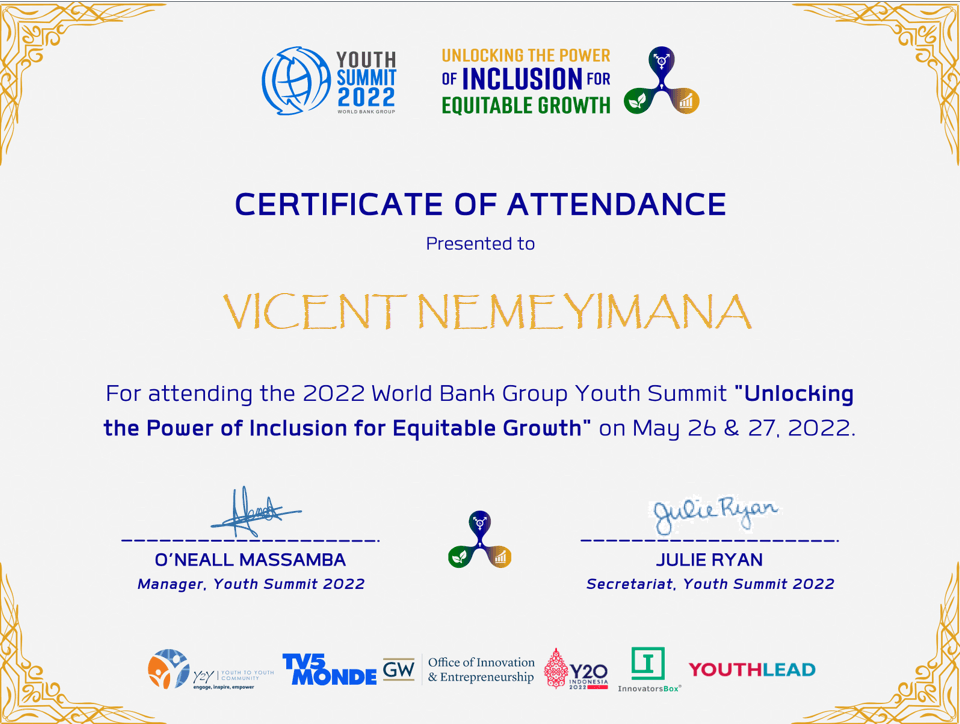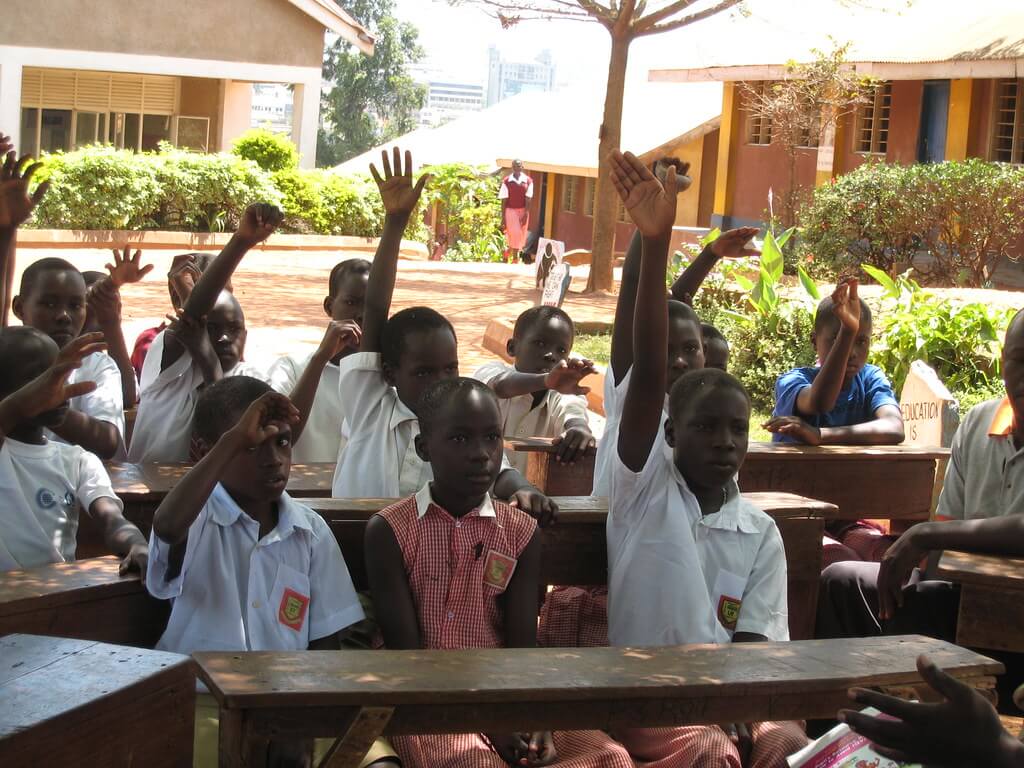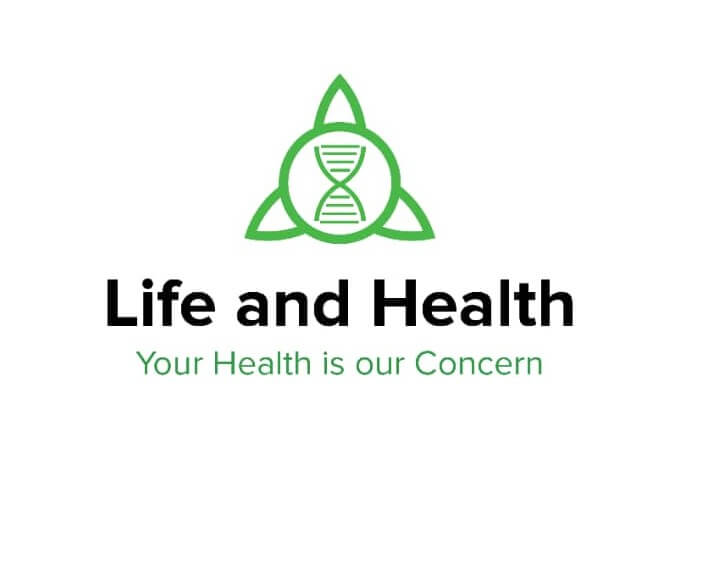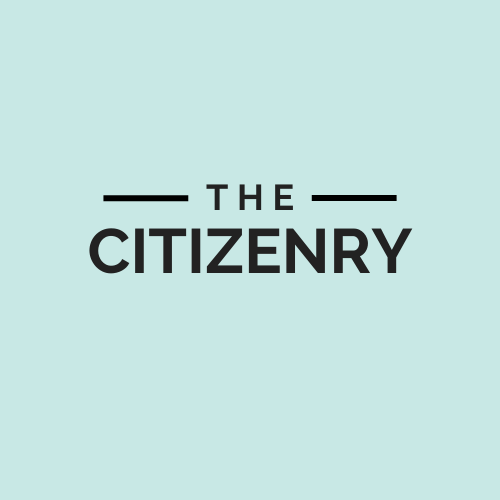A Summary of Africa’s Youth & Adolescents Challenges in Just 4 Points! That’s what I shared with fellow delegates during #WBGYouthSummit2022!
In this article, I share how I summarized challenges of Africa’s Youth and Adolescents in just four points! In my previous article, I already shared my experience at the World Bank Group Youth Summit 2022, including a summary of what I learnt and details of what I presented, right? Well, below is what I shared with all delegates during one of our virtual conversations on WhatsApp.
Truly, like a pro (and a ‘student’ of demography), I summarized challenges of Africa’s youth and adolescents in just four points! Explore them.
READ THIS TOO: My experience at the World Bank Group Youth Summit 2022

‘Currently, 60% of Africa’s population is below 25 years, making Africa the youngest continent. Well, by 2030, 75% of then Africa’s population (1.7 billion) will be below 35. For Uganda, my country, 78% of the population are below 30 years, and 52% below 15 years (UBOS, 2016). Uganda’s population is about 46m now.
The point is that Africa has a very young population, and Africa’s youth and adolescents are gonna be a bigger portion of population for ages! As child deaths reduce, we expect more of these to grow into young adults, what demographers call the productive age!
According to demographers, when people in the productive age (15-60 years) are more than other age brackets, the country can reap from their productivity and grow quickly. This is called demographic dividend, that is, the socioeconomic transformation a nation enjoys when its young adults (productive) population is bigger! And, I always add, are indeed productive.
Unfortunately, for Uganda and Africa, here is the problem:
Four Problems & Four Solutions of Africa’s Youth and Adolescents!

For Africa’s youth and adolescents (productive age) to make sense and lead socioeconomic transformation of their communities as envisioned in Global agenda 2030 or even Africa’s plan of ‘The Africa We Want 2063‘ or Uganda Vision 2040 for Uganda, four things, evidence suggests, must happen:
1. Health.

There is need for quality, equitable healthcare for youth, specifically for their reproductive and sexual health, including family planning. Young people who are struggling with HIV, early marriages, domestic and sexual violence, teenage pregnancy, school drop-outs, and the various gender inequalities can’t lead and build socioeconomic transformation.
Family planning helps in child spacing or contraception, enabling women to explore their socioeconomic lives. Family planning gives a chance to those already born by enabling healthcare and individuals to have enough resources for the few who are already with us. It checks on fertility rate and improves survival rate of children and life expectancy altogether. Without family planning, it is hard to build the productive age in the first place!
Miklah is working on availing comprehensive sexuality education to youth and adolescents and connect them to reproductive health products and services in time, and cheaply!
2. Education.

Education is key to transformation. Sadly, while Uganda or Africa’s percentage literacy levels have greatly improved in the past 10 years, our graduates seem unprepared for the job market. Many studies, including government official documents attest to this truth. For example, a 2014 survey reported that Uganda’s more than 65% of graduates lack employable skills. In 2021, related surveys found out the same (see here)
We need quality and inclusive education, characterized by 21st century employable digital skills. This fosters innovation, employment, and service/digital/technology industry.
At #Miklah, we are contributing to equipping graduates with modern-day digital skills through #MiklahAcademy program.
3. Sustainable Entrepreneurship.

Jobs are a trouble in Africa. In Uganda, youth unemployment is between 65 and 83%, and there seems to be no way! However, according to evidence, and in my view, entrepreneurship is the answer. Entrepreneurship builds tax base for our GDP, and propels innovation, and inclusive development, even for the informal sector.
Our governments can’t meet the dream of the future, but via private entrepreneurship and non-profit initiatives, youth can turn around their nations.
Of course, we know that about 80% or even more of Uganda’s startups don’t celebrate their 3rd year. However, causes of such high business failure can easily be addressed. That said, entrepreneurship is the only way nations can build wealth!
Here, I call upon World Bank and other global partners to consider investing more directly in youth startups and initiatives and less in our governments. After all, not all that you give to our governments really reach us. If it does reach us, it does so wrongly!
Miklah is enabling young people to start and grow sustainable businesses through a program called Sacred Entrepreneurship.
4. Governance.

Africa’s youth and adolescents are always struggling with bad leadership. Tell me, how can any nation or even a business grow without disciplined leaders or peace?
Wait! Since independence times (1960s), African countries experienced over 200 coups by 2012. And then from 2010, Africa has seen over 40 coups, which is an average of 2 per year. As I speak right now, there is war in my neighboring DRC (Eastern), and people are running around with mats and empty hands, most of them young men and women, and children. When will a Congolese ever develop in such restlessness since birth? These are signs of poor governance.
Corruption and poor civic engagement characterize our daily struggles. Businesses, education, and health can’t work in a poorly governed nation, where human rights and freedoms aren’t respected. This must be addressed if youth are to make and live a positive change.
At #MiklahLife, we are training and empowering leaders across all spheres of life through our program, The Citizenry.
If these four themes are addressed in their fullness, the future is bright. But if not, expect rise in crime, more coups and violence, unexplainable deaths, and uncontrollable migrations, terrorism, and more. What evil isn’t possible with a very young and energetic population that is hungry and has no hope for anything good?
Addressing these four critical issues is important. Evidence shows that it is the path of all nations that have developed in the last few decades, including Singapore, South Korea, China, Thailand, and others.
The solution: Miklah’s Four Areas of Focus!

At #MIKLAHLife, we are at the forefront of enhancing demographic dividend by providing specific and sustainable solutions for young people’s challenges in health, education, entrepreneurship, and governance. We believe that if young people educated and skilled, healthy, and let to exercise innovation and entrepreneurship in a fairly governed society, everything is possible; they will surely lead the envisioned socioeconomic transformation. See our strategy, and it is very simple: https://miklahlife.com/strategy.
What are you doing about it?
Ask yourself, what are you doing about any of the four challenges? What can you do to promote education in your village, facilitate health of youth, girls and boys, or inspire their entrepreneurship journeys and engage them in local and national leadership? And how inclusive or sustainable is it? Does your initiative have a way it ‘leaves no one behind’ or it is for the rich only, further making many more youth poor?
With those four themes in mind, I know we can design amazing & sustainable solutions, and transform our nations.
For partnerships, supporting or advising us, or working with us for the good of African & global youth, just reach out: miklahlife@gmail.com
God bless you all.



